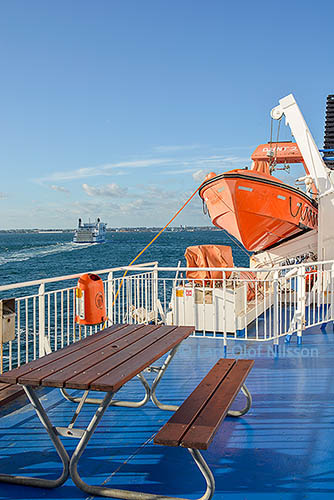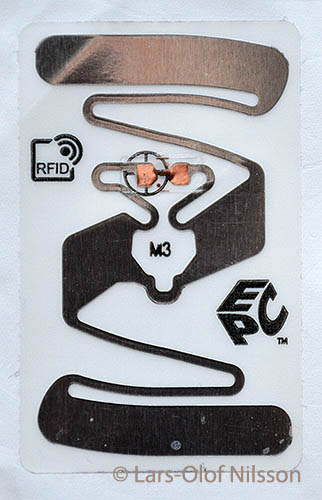In an earlier blog post we looked at acronyms.
While an acronym is formed from a phrase, a backronym (or bacronym) is a word that is supposed to come from a phrase, but that phrase has been constructed (often humorously) to fit an existing word.
A well-known example of a backronym is posh, meaning stylish, elegant, upper-class. There is a popular belief that posh came from ’port out, starboard home’. It was thought that rich people would book two cabins on their voyage to India and back home, one on the port side of the ship and the other on the starboard. In that way they made sure that they could travel more comfortably, away from the heat of the sun. However, posh was quite simply a slang word in the late 1800s for an overdressed dandy. Another meaning of posh was a small coin, money.

Another backronym is golf, which is – erroneously – said to come from gentlemen only, ladies forbidden. The word golf is considered to come from Middle Dutch cold, meaning stick or club.
A few more backronyms:
| Cop | Constable on patrol |
| Ford | Fix or repair daily |
| IBM | It's Better Manually |
| Navy | Never again volunteer yourself |
| Tip | To ensure promptness |
A CAPTCHA is a distorted code you copy on a website to access a page. This is to prevent automated attacks on a website. The acronym is said to mean Completely automated public Turing test to tell computers and humans apart. However, the word is most likely a contrived acronym, in other words, a backronym. It was probably made in analogy with gotcha, ’I have got you’, meaning that you have caught somebody doing something wrong. A gotcha also means a sudden unexpected problem. The interesting thing is that there now is another way to prevent hackers from accessing a web page – and it is called GOTCHA, said to mean Generating panOptic Turing Tests to Tell Computers and Humans Apart. If you don’t know Alan Turing or the Turing Test, read here or here.
The Morse signal SOS is said to mean Save our Ship or Save our Souls. In fact, the alarm signal is …- – -… (three short, three long, three short without any pause), while the letters SOS in Morse code are three short, pause, three long, pause, three short.
Another distress signal is Mayday, mainly used by airplane or ship crews. It is used in voice communication via radio. In a life-threatening emergency the word is repeated three times. The word is said to have been created by Frederick Rockford, a radio officer at Croydon Airport in London in 1923. Mayday supposedly comes from the French m’aidez meaning ‘help me’ or venez m’aider meaning ‘come and help me’. So Mayday is not a backronym.
Neither is May Day, which is something completely different. It refers to the first of May (or the first Monday in May) being a festival in many countries to celebrate the arrival of spring.

Recent Comments